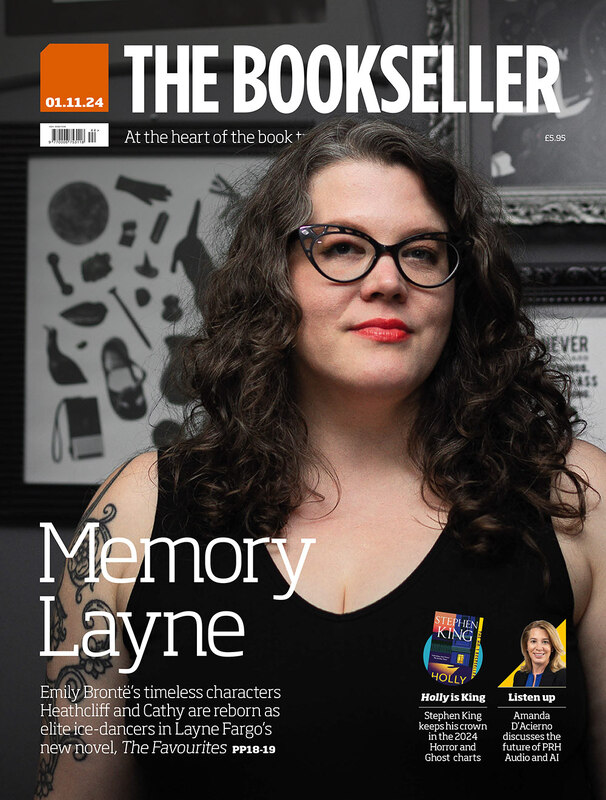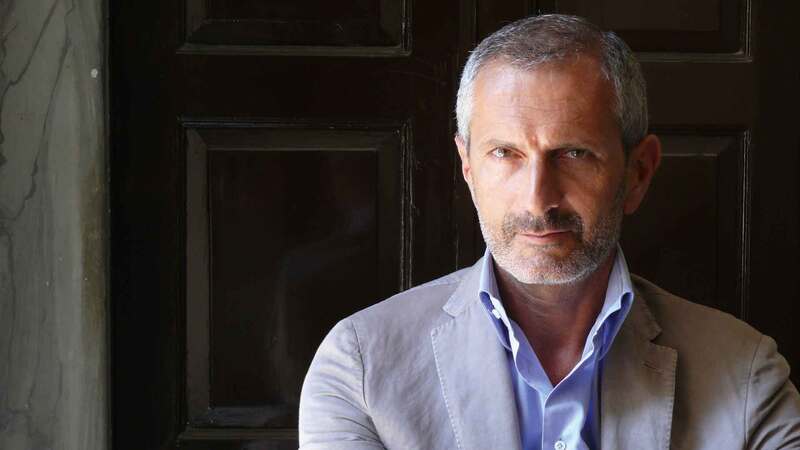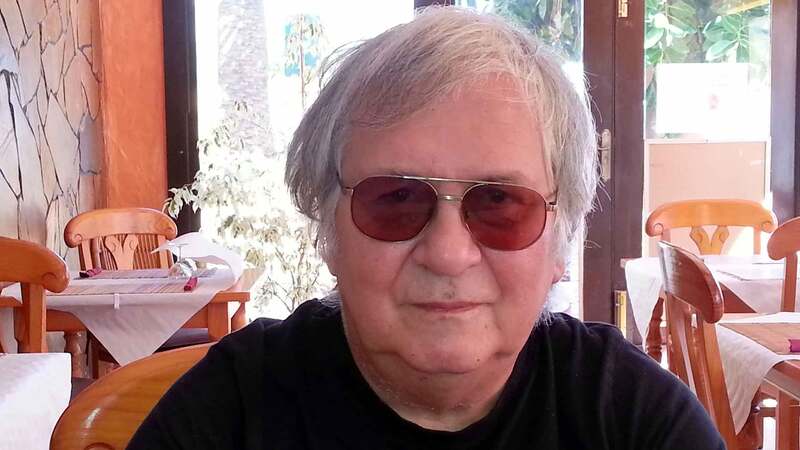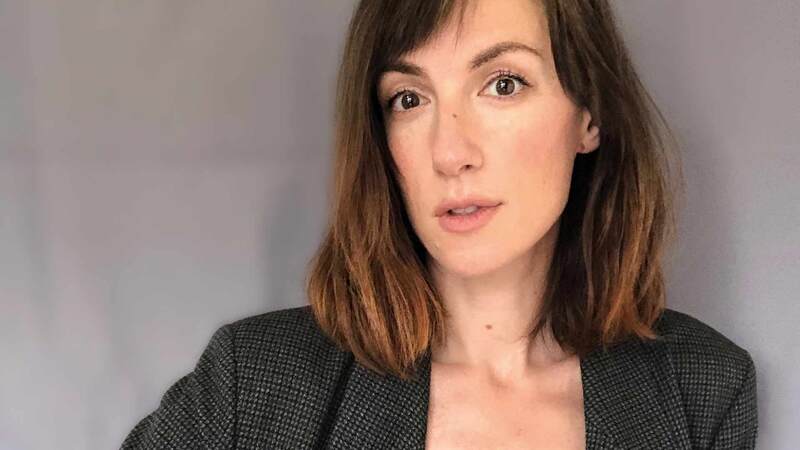You are viewing your 1 free article this month. Login to read more articles.
A Famished Heart: An exclusive extract from Nicola White's first novel for crime imprint Viper
Serpent's Tail's new crime imprint Viper has snapped up this "poignant and haunting crime novel" by Scottish Book Trust New Writer Award winner White. The novel, the first in a powerful new crime trilogy set in 1980s Dublin, exploring the power of the Catholic Church and the powerlessness of unmarried women, will be Viper's first title and will be published in February 2020. Read an exclusive extract from A Famished Heart here.
Chapter One
Dublin, 1982
Father Timoney rang the doorbell a third time. Listened to the soft bing-bong resonate somewhere deep in the house. A figurine of the Child of Prague in his big frock stood in the narrow window beside the door, dead flies scattered at his feet. The nylon curtain hanging at the statue’s back shut off any view of the inside.
Most likely the sisters had gone away and not told anyone. He had noticed they hadn’t been at mass lately; his congregation was so sparse, of course he’d noticed. If he’d thought about it, he might have assumed they’d followed the rest of his migratory parishioners over to Holy Trinity, where the heating functioned and the brass chandeliers shone bright in the dark mornings. Or they could have gone off to visit a relative, a sick relative. Often women did that.
But their niece, a small punky-looking one, had arrived at his door, saying she hadn’t been able to reach her aunts for a month, and no one would answer the door. It was nine o’clock last night when she’d shown up, distraught and melodramatic. ‘You are their shepherd,’ she’d said, clutching at his hand. A sharp waft of alcohol came off her breath. He told her to go home, to leave it with him.
He had asked his housekeeper, Mrs Noonan, for her advice – she knew so much more about the people around here. He hadn’t even known the keys to their house were among the hoard in the hall cupboard, until she told him.
He took the keys out of his coat pocket now, the brown label written in Father Deasy’s fussy hand. The Misses MacNamara.
Still he hesitated. There would be a simple explanation. And yet he realised he was rehearsing the sequence of events that led him to this moment, as if noting it to tell someone later.
He took a breath and slid the key into the lock. When he turned it, the door opened easily, but juddered to a stop as a little gilt chain tightened across the gap, a chain someone inside must have slotted in place. He looked over his shoulder, along the cul-de-sac spattered with yellow leaves. Nobody about. He should have asked young Jimmy to come with him, but it would be spineless to go back to the parish house and get him now.
He put his face to the gap, about to call Hello there, but inhaled a waft of heat so thick it stopped his voice; a swampy warmth bearing a bouquet of chemical flowers and there, like a wire running through it, a very specific smell.
Despite the many bodies he’d prayed over and delivered to their rest, he had met this smell only once before, ages past, down by the railroad near Sandymount. Hunkering in the long grass on a hot day, hiding from the older boys, the thread of a strange odour – redolent of mutton and sweat – had led him to the body of an Alsatian dog wreathed in broken bricks, the rising flies unveiling a pale-pink crater behind its plush ear.
One hand against the door now, his heart began thumping. Why did it have to be him? Why did the Lord – or was it the world – try him so? Another priest would have had the wit to call the police. To not be the lone one standing here, knowing he had to press on, because every action on this earth is witnessed.
Father Timoney took a step back, then threw his bulk at the neat white door, bruising his shoulder against the wood. The chain held.
He flung himself again and heard a metallic ‘ping’ as the chain gave way. But he couldn’t halt the momentum of his body and fell through the opening gap, landing on his knees on a spill of unopened post, sliding forward on layers of glossy paper and envelopes. He braced his hands against the grimy carpet to stop his face meeting it. When he raised his head, he was in the doorway of the living room, and there in an armchair she sat, facing him. One of the sisters. Her head was bowed, she was swaddled in shawls, but the hands braced on the chair arms were not like hands at all, but the dry claws of a bird.















